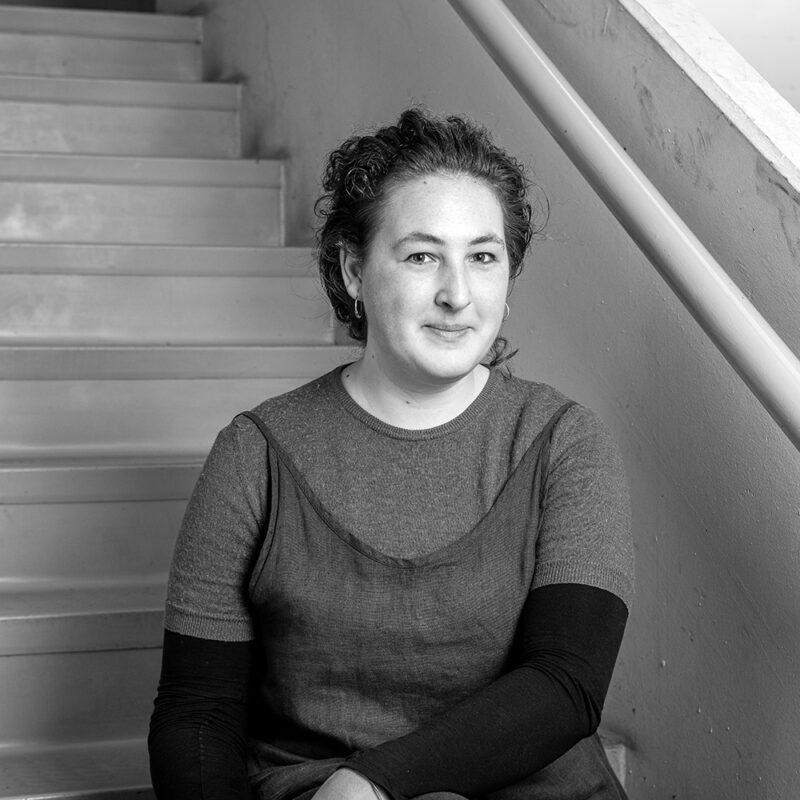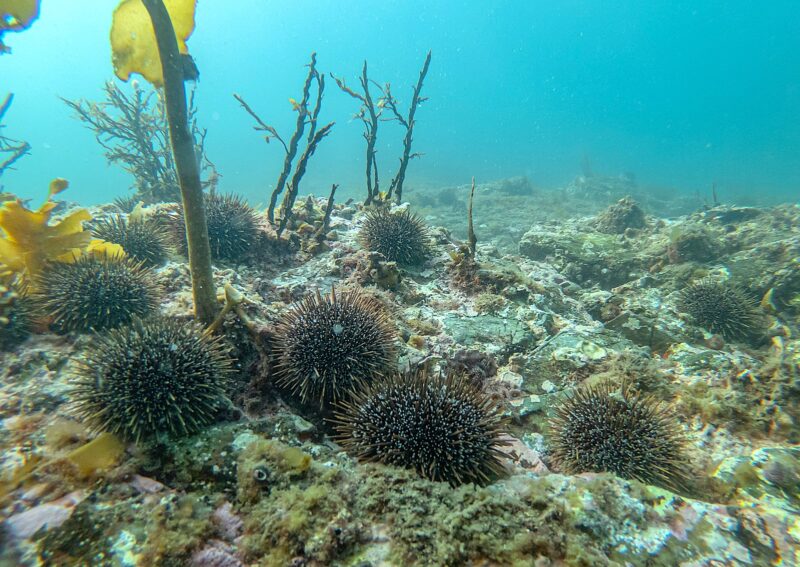

Penelope Volinia
Based on my school books, I wondered a lot about food history during my teens, but did not give it too much attention; I considered my afternoon research a common and natural habit, especially as an Italian. So, instead, I pursued my other passion — art and smart communication — by completing a BA in graphic design in Venice, where I fell in love with (food) maps. From there the road to food design was short and smooth (at least in my mind), and I continued exploring the field by working in food design studios in Amsterdam and Vilnius.
But not quite satisfied with how design questioned eating habits, I kept studying food and enrolled at the University of Gastronomic Science in Pollenzo. Thanks to a wonderful encounter, I joined Spontaneus Lab to investigate botanical and microbial entanglements in landscapes through the lens of food culture. With this project we activate convivial learning and experimentation processes, delving into the diversity of the non-human and engaging with communities through site-specific workshops, informal teaching, and dining experiences.
From a small town in Piedmont, I moved to Augsburg to work as PhD Researcher on the “Off the Menu” project, studying climate-conscious cuisine and the gastronomical lives of sea urchins in the Nordic and Mediterranean seas.
penelope.volinia@uni-a.de

Eating invasive species has many potential benefits, from raising awareness and assisting in early detection and rapid response efforts to boosting the local economy. Now more than ever, it’s crucial to explore ways of eating that are conscious of ecosystems and climate change.
Soft on the Tongue, Harsh on the Feet: The Sea Urchin’s Norwegian “Problem”
Eating invasive species has many potential benefits, from raising awareness and assisting in early detection and rapid response efforts to boosting the local economy. Now more than ever, it’s crucial to explore ways of eating that are conscious of ecosystems and climate change.
